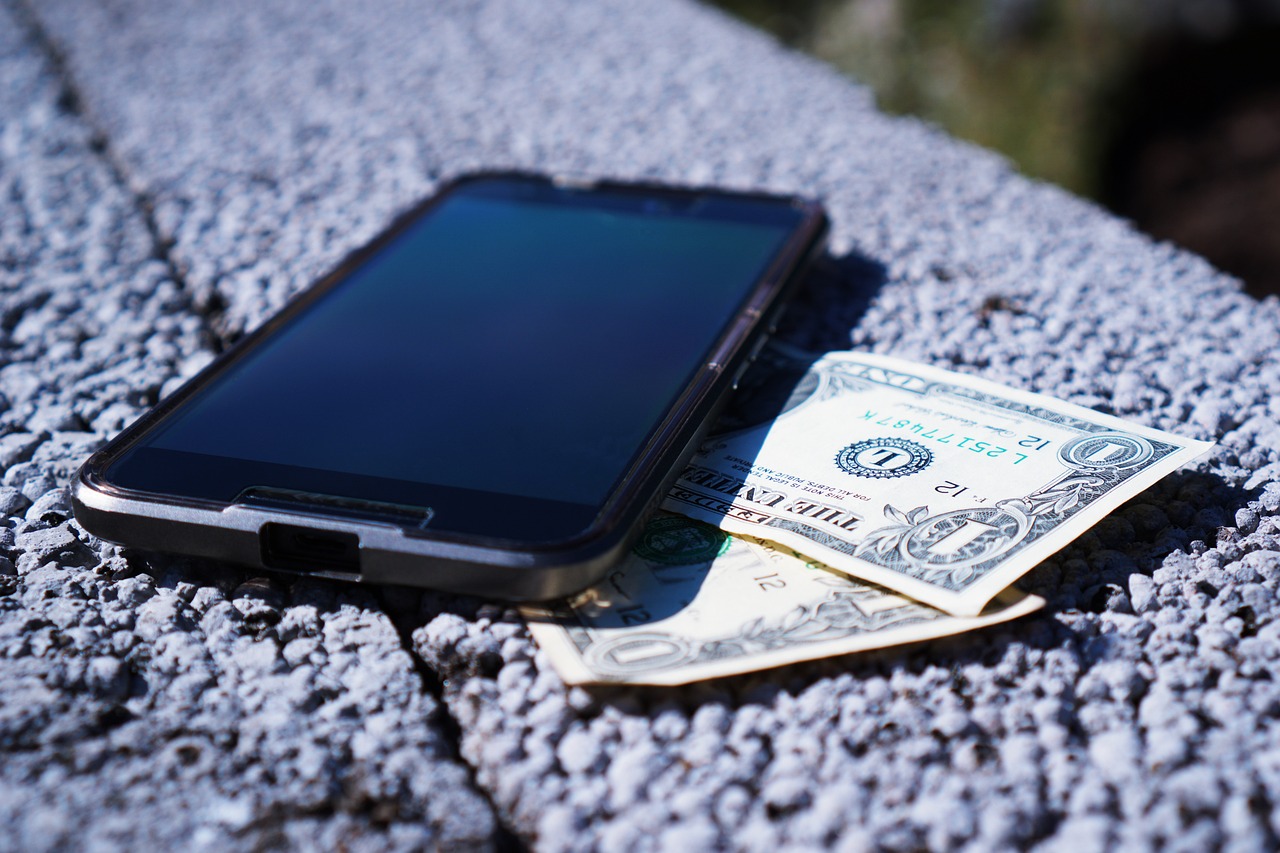Everything You Need to Know About Sending Money with an IBAN
GPT_Global - 2023-05-14 02:30:01.0 594
1. What currency can I use to send money using an IBAN?
Are you looking for a secure, reliable, and cost-effective way to transfer money abroad? IBAN is a great way to do it. The International Bank Account Number (IBAN) is the global standard for identifying bank accounts across countries. With a valid IBAN, you can send money to any account worldwide without worrying about costly fees or delays.
But what currency can you use when transferring money with an IBAN? As long as the recipient's country accepts that particular currency, you will be able to send money with your chosen currency. Most currencies are supported, including US Dollar, Euro, British Pound, Swiss Franc, and Australian Dollar.
When sending money using an IBAN, you'll need to provide information like the amount being transferred, the sender's and receiver's names, and the receiver's IBAN number. You also have the option to pay in the local currency of the recipient, which can help avoid currency conversion fees.
You may also be able to take advantage of online tools and services that allow you to quickly compare the costs of different remittance companies, helping you make the most economical decision. With the right currency exchange provider, you can save on exchange fees and transfer money conveniently.
Whether you're transferring funds to family overseas or sending money to a friend in need, IBAN provides a safe, quick, and affordable way to send money to anywhere in the world with ease. With its global currency support, you can take advantage of the best rates and favorable exchange rates available.
2. Are there any additional costs associated with sending money using an IBAN?
The IBAN is a standard international bank account number that makes it easy to send money from one country to another. However, you should be aware of potential additional costs associated with sending money using an IBAN.
When sending money using an IBAN, there may be additional fees charged by the sender's bank or the recipient's bank. It is important to check with both banks in advance to determine the exact fees that will be charged. The amount of fees charged can vary between different banks and different countries.
In addition, there may also be currency exchange fees if you are sending money from one currency to another. These fees can be quite high depending on the current exchange rate and the amount of money being sent. Be sure to inquire about any additional fees before sending money using an IBAN.
Finally, while it is convenient to send money using an IBAN, you should also be aware of potential risks. If your recipient does not have their bank information correctly entered, you may end up losing your money. It is important to double-check all of the details before sending money using an IBAN.
Sending money using an IBAN can be beneficial for international remittance. However, it is important to be aware of any additional costs associated with the service so that you can make an informed decision about which option is best for you.
3. Is there a difference between using an IBAN and using a bank transfer?
.Remittance is a great way to send money overseas, but it can be confusing to decide whether to use an IBAN or bank transfer. Using either option has its advantages and disadvantages, so it's important to understand the differences between them.
An International Bank Account Number (IBAN) is an international standard for identifying bank accounts across different nations. It can be used to make payments in some countries, but not all. It’s important to note that fees for sending money with an IBAN are often higher than with a bank transfer.
A bank transfer is the more traditional way to transfer money overseas. This type of transaction is often much cheaper than using an IBAN, but it will take longer to complete. However, it is often the most secure way to send money. Additionally, some banks offer special rates when making overseas transfers via bank transfer.
Ultimately, the choice of whether to use an IBAN or bank transfer will depend on the individual situation. Those who need to transfer funds quickly may prefer to use an IBAN, while those looking for a secure way to transfer may opt for a bank transfer. Understanding the differences between the two is key to making the right choice.
4. How do I find out the IBAN of someone I want to send money to?
Are you looking to send money to someone overseas? You will need to know the other person's IBAN (International Bank Account Number) to complete your transfer. Knowing the IBAN for a payment will ensure that your transaction is safe and secure to the correct account.
When sending money, it is important to double-check the receiver’s information and make sure the IBAN number matches. Your remittance service should be able to provide you with the IBAN number when you initiate a transaction, however, you can also find an IBAN by asking the recipient for it or by using an online IBAN lookup tool.
When you begin a money transfer with a remittance provider, they should ask you to provide the name, address, bank name and IBAN of the recipient. The remittance company can then confirm the details with the beneficiary bank prior to making the transfer. This means that the funds are unlikely to be sent to the wrong account and will reach their destination safely and quickly.
Finding an IBAN number is essential for completing successful money transfers overseas. Use a reliable remittance service who can provide you with the necessary information to make a successful transfer.
5. Is it possible to send money using an IBAN to a person who doesn't have an IBAN?
It is indeed possible to send money using an IBAN to a person who does not have an IBAN. Remittance businesses like MoneyGram, Western Union, and XendPay provide money transfer services that allow individuals to send money to those who don't have an IBAN.
Sending money with an IBAN without one on the receiving side is convenient for those in need of emergency funds or for special occasions like holidays or birthdays. It also ensures that the sender will receive their money quickly and securely.
Remittance businesses offer special features such as low transfer fees, quick transaction times, reliable customer service, and secure data encryption. In addition, these businesses are compliant with the rules and regulations set by regulatory bodies in the countries they operate in.
Sending money with an IBAN without one on the receiving side is easy and convenient. Whether you're sending money to family and friends or making payments for international purchases, remittance businesses can get the job done quickly and safely.
6. What do I do if I make an error when sending money using an IBAN?
.When sending money using an IBAN, mistakes can be costly. Understanding the steps to take in the event of an error can help reduce the financial burden.
The first step is to contact your remittance provider as soon as possible. They might be able to correct the mistake and send the funds to the correct account before it arrives at its destination. If not, they can work with the receiver's bank to return the incorrectly sent money.
If you're unable to contact your remittance provider immediately, you should also contact the recipient and ask them to reject the payment. This will ensure the funds are not accepted into the incorrect account. Be sure to provide the recipient with a tracking number so they can identify the payment.
It's also important to check if any fees apply when returning funds. Depending on the situation, it may be cheaper to send a new payment than to return the incorrectly sent funds. Ask your remittance provider for clarification.
By following these steps, you can help avoid unnecessary losses and ensure your money arrives where it's meant to be. Choose a reputable remittance service to keep your transactions secure, fast, and easy.
7. Do I need to provide any additional information to send money using an IBAN?
Whether you’re sending money within the same country or internationally, an IBAN is the best way to go. An IBAN (International Bank Account Number) is a unique identifier for international bank accounts.
When making a regular bank transfer, you need to provide only your recipient's name, address and bank account details including IBAN. Some banks may also require you to provide some additional information such as a reference number or the purpose of the payment. The exact details depend on the sender’s and recipient’s banks.
Using an online remittance service to send money with IBAN is an easy, secure and cost-effective option. All you need is the recipient’s IBAN. Simply enter the details into the website, specify the amount you’re sending and click ‘send’. The service provider will then handle the rest of the process.
So, the answer to the question, "Do I need to provide any additional information to send money using an IBAN?" is: it depends. If you’re using an online remittance service, generally no extra information is required. However, if using a traditional bank transfer, more information may be needed, so make sure to check with your bank first.
About Panda Remit
Panda Remit is committed to providing global users with more convenient, safe, reliable, and affordable online cross-border remittance services。
International remittance services from more than 30 countries/regions around the world are now available: including Japan, Hong Kong, Europe, the United States, Australia, and other markets, and are recognized and trusted by millions of users around the world.
Visit Panda Remit Official Website or Download PandaRemit App, to learn more about remittance info.



